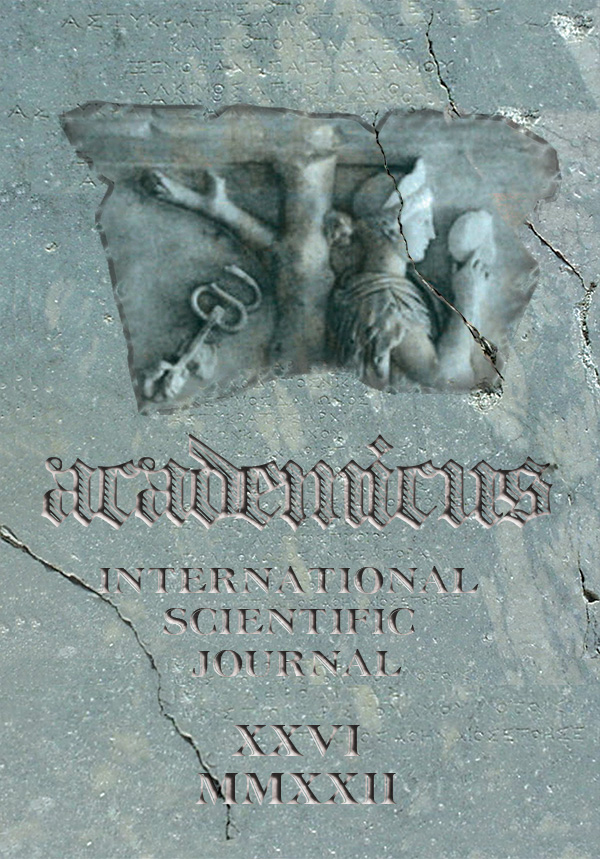Post-Kantian Perfectionism. A Study in the Political Thought of German Idealism, from Leibniz to Marx.
Post-Kantian Perfectionism. A Study in the Political Thought of German Idealism, from Leibniz to Marx.
Author(s): Douglas MoggachSubject(s): Ethics / Practical Philosophy, Political Philosophy, German Idealism
Published by: Academicus
Keywords: perfectionism; freedom; Kant; post-Kantians;
Summary/Abstract: This paper summarizes the major themes of my current monograph project and my recent co-edited volume on post-Kantian perfectionism. The central thesis is that Kant’s critique of rational heteronomy in the Groundwork effectively ruled out certain types of perfectionist ethics and their corresponding political applications, notably the programmes of Christian Wolff and his school, which were dominant in the German territories in the mid- to late eighteenth century. Kant’s critiques did not, however, preclude the emergence of a new type of perfectionism, no longer based on the state-sponsored promotion of eudaimonia or material, intellectual, and spiritual thriving, but on the advancement of freedom and the conditions for its exercise. Predicated on the idea of right, post-Kantian perfectionism focuses on maintaining and enhancing the juridical, political, and economic conditions for rightful interaction among self-defining individuals. Humboldt, Schiller, Fichte, Hegel, and the Hegelian School exemplify this new approach in different ways. Marx’s problematic relation to this tradition is outlined.
Journal: Academicus International Scientific Journal
- Issue Year: XIII/2022
- Issue No: 26
- Page Range: 128-153
- Page Count: 25
- Language: English

